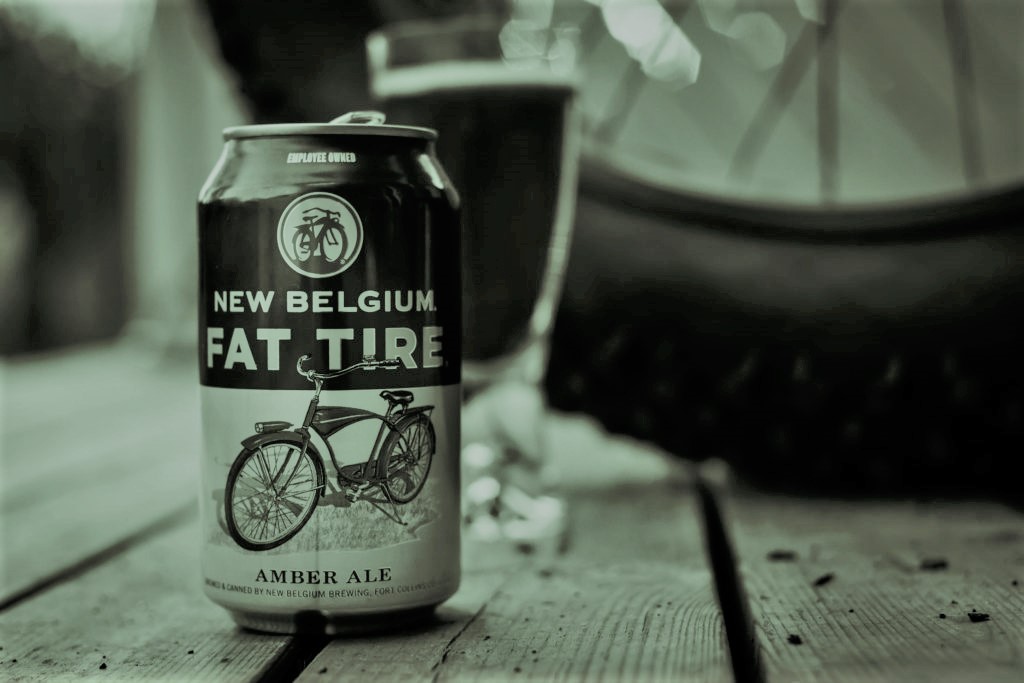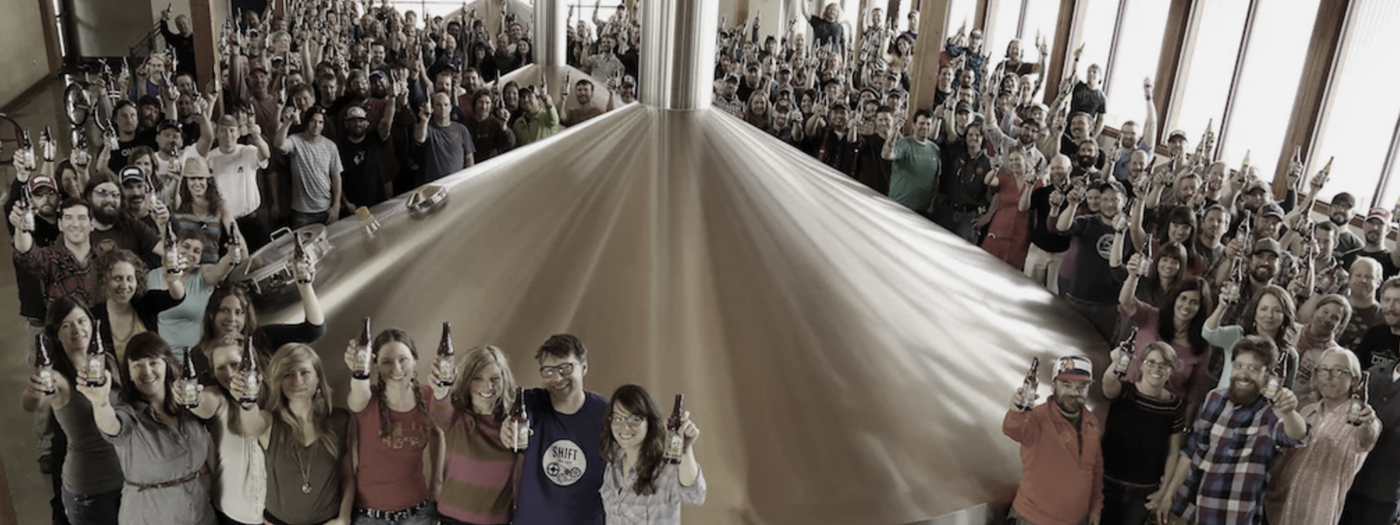The U.S. economy churns atop the fossils of discarded mutualisms—the community-owned businesses that, over the last century, created wealth for the many rather than the few. The insurance industry has substantially abandoned its origins in member ownership for the liquidity of stock markets; those mutuals that remain rarely advertise their nature or practice much meaningful democracy. Visa, which built its vast payment network as a cooperative of regional banks, has gone the same way. In 2018 True Value Hardware’s store-owner members opted to sell a controlling stake in their co-op to private equity. After consumer-owned grocery co-ops pioneered the market for local, organic food, a former co-op employee founded Whole Foods. Now, when we hear the word “member,” we’re more likely to think of Amazon Prime than a company in which membership entails real ownership and accountability.
The latest addition to this litany is New Belgium Brewing, a company located just up the road from me in Colorado. I recently celebrated it as a paradigm case of employee ownership in The Nation, and its example has helped inspire our governor to call for spreading employee ownership across the state. But in November, New Belgium’s employees decided to sell the shares in their Employee Stock Ownership Plan—the whole company, that is—to Big Beer. The cooperative commonwealth has become that much smaller.
The move is a victory for these particular employee owners. Normally when a company is acquired, employees get nothing but a jolt of uncertainty; New Belgium workers are getting substantial windfalls for their shares. Yet the company’s future workers won’t enjoy the benefits of ownership. The announcement came with big promises about preserving New Belgium’s distinctive culture and mission, largely because everyone knows that eventually outside ownership will erode those things, one way or another. This big win for some workers is also a small step backward for the future of worker-directed, worker-owned work.
We should resist the temptation to mistake what is for what could or should be. Yes, the beer industry is consolidating, and competitive pressures drove New Belgium to follow suit; but mutual methods such as business-to-business purchasing co-ops can create economies of scale, too. Yes, large corporations can tap vast stores of capital that employee owners often cannot access; this is why we need capital markets that prioritize workers over billionaires. Exit-from-community-ownership happens more than exit-to-community only because that is how the ground rules lean.
Yes, large corporations can tap vast stores of capital that employee owners often cannot access; this is why we need capital markets that prioritize workers over billionaires.
Our culture of community ownership, also, need not be as it is. In the United States, if you ask a co-op director what her co-op is for, she’ll generally say it exists to serve its members. In Italy, however, directors will more often say that co-ops exist for future generations. I will not blame anyone for prioritizing what is clear and present over an uncertain future, but perhaps with a stronger mutual culture, and greater solidarity among mutuals, there would be more cause for faith in a co-owned future.
Speaking of solidarity: Given New Belgium’s change of status, more of my beer money will be going to Colorado’s excellent remaining employee-owned breweries, such as O’Dell’s and Left Hand. I am glad my earlier patronage of New Belgium has ended up filling its workers’ pockets, but now that won’t be so much the case. I will be supporting the commonwealth where we still have one.
Nathan Schneider is an assistant professor of media studies at the University of Colorado Boulder. His most recent book is Everything for Everyone: The Radical Tradition that Is Shaping the Next Economy.




















